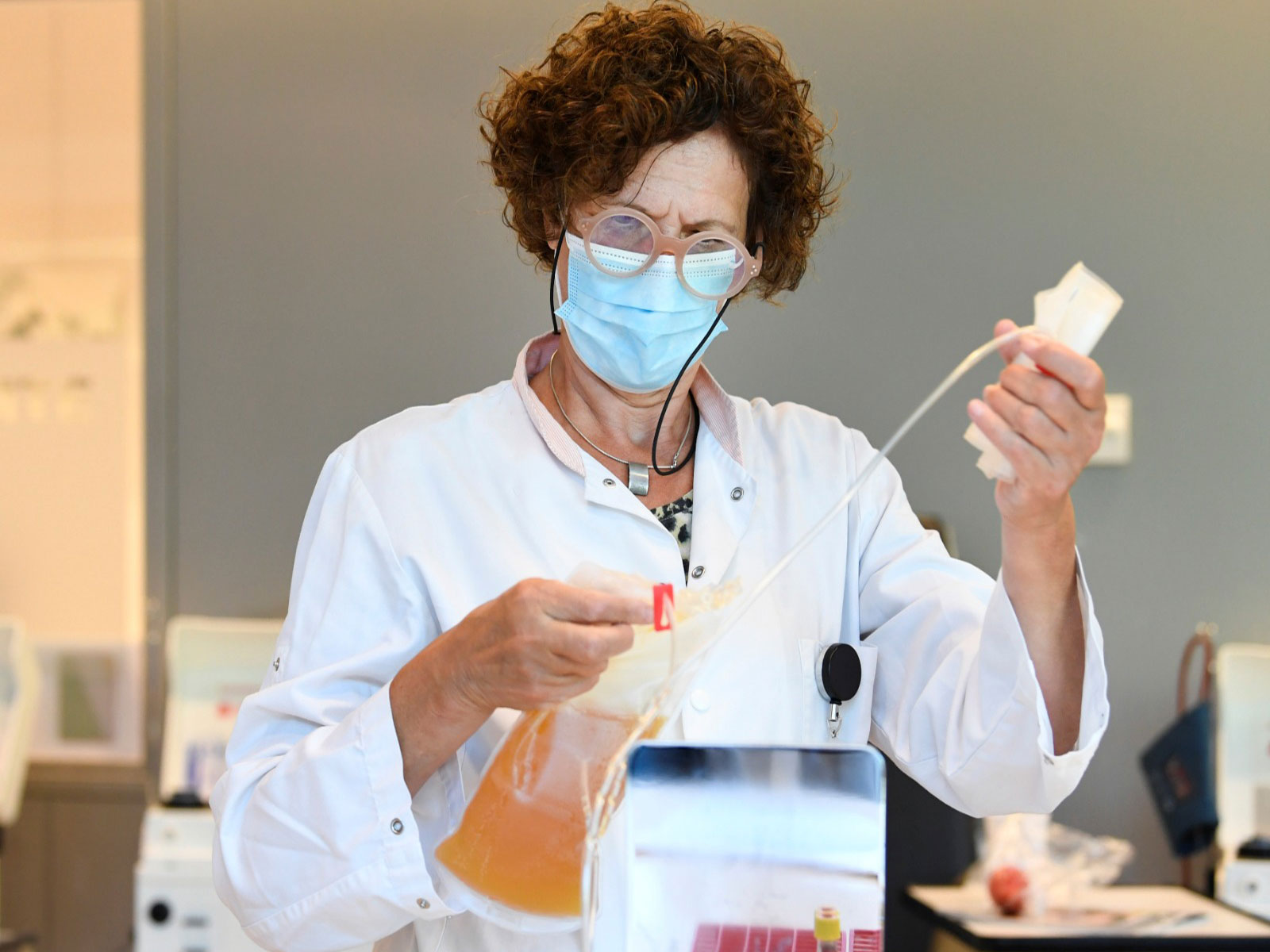Illinois [US], October 2 (ANI): Children and adolescents were twice as likely to experience long Covid after contracting Covid for the second time, compared to their peers with a single previous infection.
These results run counter to the popular perception that Covid in children is “mild” and that reinfections with Covid do not carry the same risk of long Covid as initial infections.
Among the conditions associated with long Covid in youth, myocarditis (swelling of the heart muscle that can weaken the heart and even prove fatal) was most common, with the risk tripling after a second Covid infection compared to the initial infection. Blood clots in children were more than twice as likely after a second Covid infection. Kids were also at increased risk for many other conditions after getting Covid twice, including damaged kidneys, abnormal heartbeats, headache, abdominal pain and severe fatigue.
“The results of this study further support one of the strongest reasons I give patients, families and physicians about getting vaccinated: More vaccines should lead to fewer infections, which should lead to less long COVID,” said co-author Ravi Jhaveri, MD, Head of Pediatric Infectious Diseases at Ann & Robert H. Lurie Children’s Hospital of Chicago and Professor of Pediatrics at Northwestern University Feinberg School of Medicine.
Researchers analysed data from electronic health records (EHR) of more than 465,000 children and adolescents from January 1, 2022, to October 13, 2023, when Omicron was the dominant variant. This study is part of the NIH-funded RECOVER Initiative, which includes 40 U.S. children’s hospitals and health institutions and aims to learn about the long-term effects of COVID. The current study is the first and largest longitudinal EHR-based investigation of long COVID following reinfection in children and adolescents.
“The level of coordination, data sharing, and analysis requires massive infrastructure and sustained support,” said senior author Yong Chen, PhD, a Professor of Biostatistics and the Director of PennCIL at the Perelman School of Medicine at the University of Pennsylvania. “Without this investment, we wouldn’t have had access to such a large and diverse pediatric population, nor the capacity to rigorously evaluate long COVID in a way that is applicable across many different levels of care.”
Moving forward, researchers plan to track data on pediatric patients that span longer periods of time, examine whether newer COVID variants change the risk pattern, and explore specific strategies that might help prevent severe long-term effects. (ANI)
Disclaimer: This story is auto-generated from a syndicated feed of ANI; only the image & headline may have been reworked by News Services Division of World News Network Inc Ltd and Palghar News and Pune News and World News
HINDI, MARATHI, GUJARATI, TAMIL, TELUGU, BENGALI, KANNADA, ORIYA, PUNJABI, URDU, MALAYALAM
For more details and packages



















